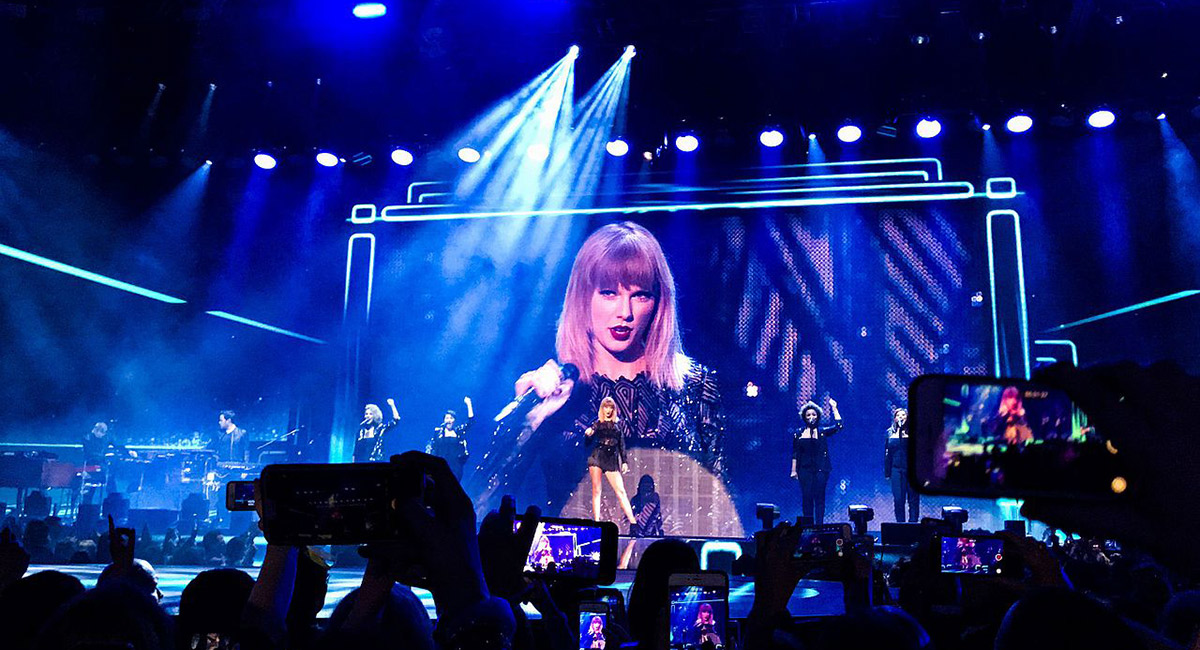I got some very constructive feedback on my recent article about the market for Taylor Swift tickets. One friend pointed out that we wouldn’t be in this mess if Taylor Swift weren’t very, very good at what she does. Her talent is necessary (but not sufficient) for there to be overwhelming excess demand for Taylor Swift tickets. Again: necessary. Not sufficient.
Other friends pointed out that Ticketmaster dominates the market and is generally horrible. People have called for congressional oversight and denounced “hidden fees” in their pricing structure. Banning those fees would just make them more hidden because they would get rolled into the price. Ticketmaster badly miscalculated, apparently, building a system for a presale to 1.4 million “verified fans.” 15 million people showed up in the virtual queue and crashed the website.
Ticketmaster is easy to hate—and it does look like they screwed this up pretty royally—but it’s a mistake to think they don’t provide value. I too have chafed at the “convenience fee” I’ve paid in the past, but as I’ve learned more I’ve come to understand the value Ticketmaster and similar services provide. When I worked at a music store in high school, we were also a Ticketmaster outlet. We didn’t make much money off of it, but it was a way to get people into the store. Compared to driving to a venue box office, paying a few dollars to buy a ticket at a music store or the grocery store (where I bought tickets to see The Cure in 1995) is a pretty good deal.
Today, the same logic applies as we do the same stuff with our phones. I was able to buy tickets to a Birmingham Bulls hockey game with a few flicks of my thumb. Worth it, particularly given that I wanted to sit in a particular place with a bunch of friends and wouldn’t have time to either scour the parking lot for cheap tickets (which I enjoy doing) or visit the box office.
Fundamentally, the problem I raised in my last article remains. I probably erred by saying “thousands” of tickets for millions of fans; maybe there are more than a million tickets, but as the Ticketmaster fiasco shows, the number of people who want to see Taylor Swift even at the high asking prices is a multiple of the number of people who can be accommodated. As commendable as it might be for Taylor Swift to want to accomodate Swifties of modest means, charging less than “the market will bear” encourages people to “pay” with their time waiting in real or virtual lines. The economist Yoram Barzel explained this in his 1974 Journal of Law and Economics article “A Theory of Rationing by Waiting.” Others eagerly try to scoop up the money she’s generously leaving on the table for her cash-constrained fans by programming bots to buy up as many tickets as they can at prices below what they’ll be able to get in the premium resale market.
Again, it looks like Ticketmaster screwed up monumentally. Even if their system had worked perfecty, they would have still faced the kinds of problems we see when prices are too low. It’s going to be a cruel summer for a lot of Swifties who won’t get to see their hero. This isn’t Ticketmaster’s fault, though: they’ll have to pay so much because so many other Swifties want to see her at least as badly.









